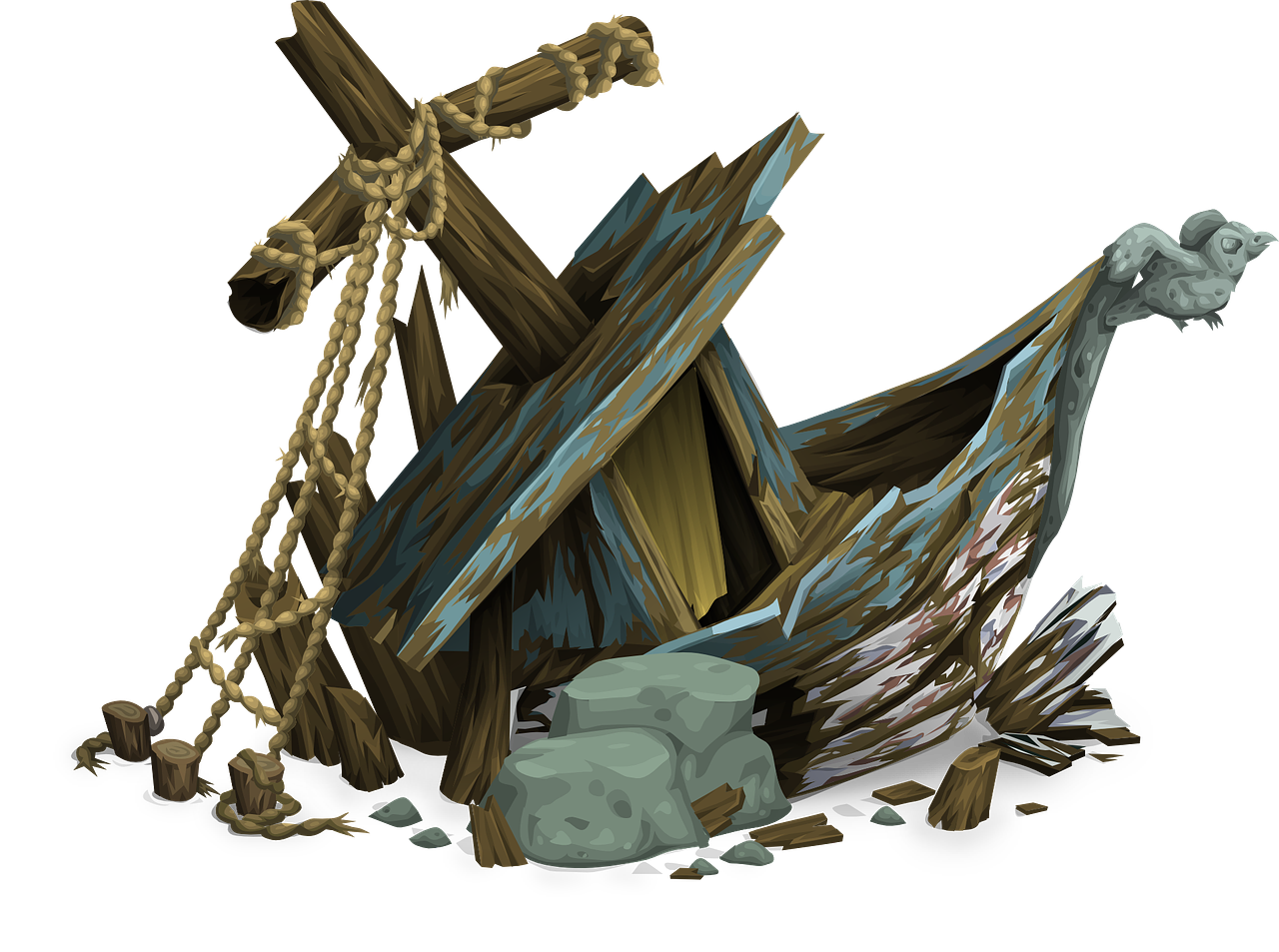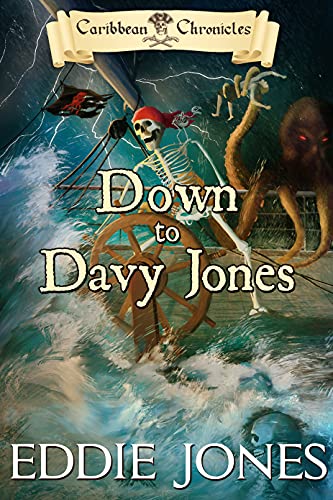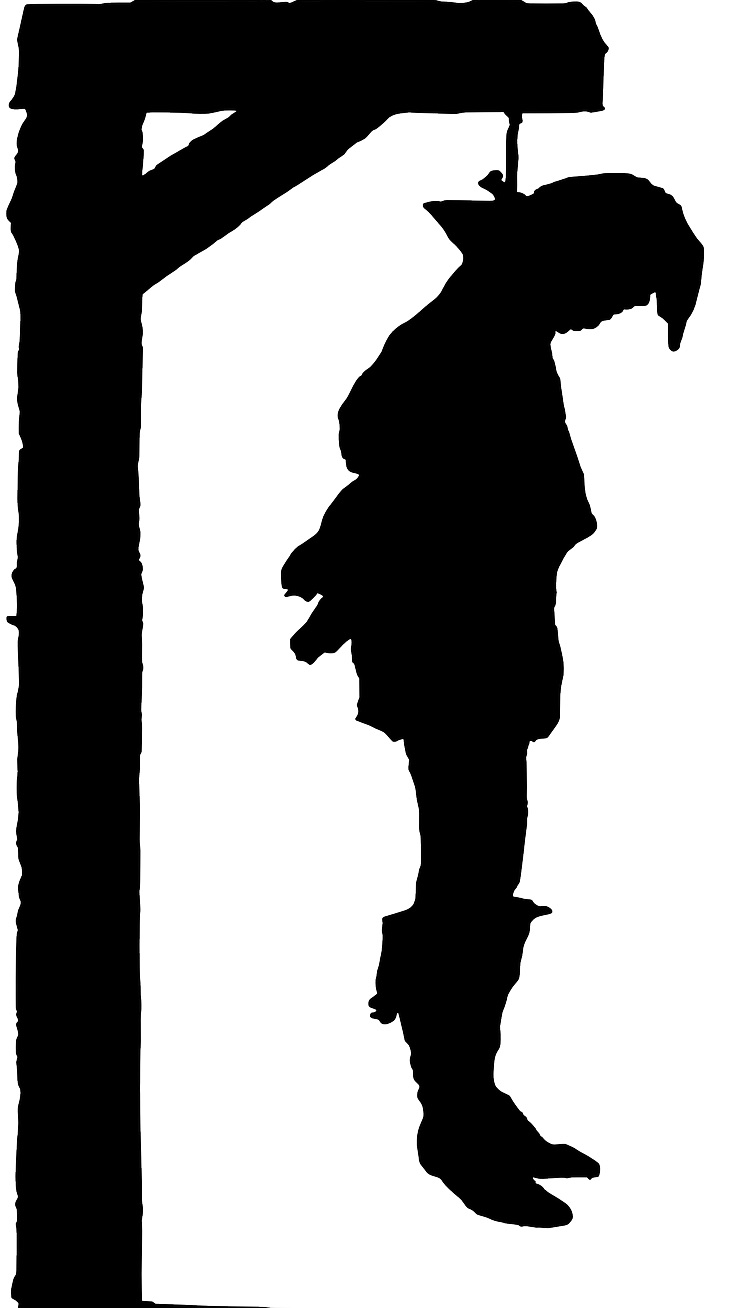
In darkness a throng of men moved about on the beach, talking in small groups. From the way they gathered at water’s edge, I concluded they meant to make ready in the fleet of small boats resting on sand. To where and for what purpose I could not discern, for not wishing to be discovered, I remained hidden among a stand of trees, crouching in bushes.
On the long dock jutting out into the harbor there did not appear to be any sign of a ship preparing to set sail. It seemed I had arrived too late to make my escape home.
Startled, a breath warmed the back of my neck.
“You were not at the docks as ordered,” a voice whispered. “I waited as long as I dared.”
The words of the young woman startled me. Heart racing, I wheeled to find her standing behind a date palm.
The young woman continued, “Once I learned the Asklepia was we put out to sea and her crew intended to move her into the next bay to make final preparations for her departure, I rushed here to wait. She is a ship from Adramyttium about to sail for ports along the coast of the province of Asia.”
Without moon and stars and only the faintest of candles in windows on shore, an overwhelming darkness settled upon me.
“If our ship has sailed why are those men gathered as they are?” I asked.
“They must have spied the Asklepia slip her lines and sail to the next cove. Now they mean to attack and steal her cargo before she sails.”
“I hardly see how this improves my situation. I remain stuck on this beach with no way to escape.”
“I relieved a neighboring fishing vessel of its rowboat,” she said. “When the tide turns the Asklepia will slip away. Unless those murderous thieves reach her first. Hurry, we’ve not a moment to lose.”
Pulling me by the hand, we slipped from the cluster of palms and, crouching low, hurried to what I mistook to be a pile of rocks. At first I thought she meant for us to hide along the water’s edge out of sight behind the mound. Only as we drew near did I realize that stones had been stacked in such a way as to conceal an overturned dory at the water’s edge.
Quickly we righted the small boat and waded out, taking care to keep lapping breakers from swamping her stern. Once aboard, we found places on the two benches and took up oars. The excitement of our escape left my heart pounding, face damp with sweat.
“Do all you can to keep from splashing,” she ordered. “The out-flowing current will carry us around that headland, but it may also draw us into view of those men.”
Without making a sound, we pulled away from shore and rowed towards the tip of a low strip of land that bracketed one end of the harbor. The young woman’s warning regarding the theft of the Asklepia left me concerned, for I feared we might be mistaken as murderous men sent to steal a ship.
“Tell me, how were you able to escape the home of the leper?”
“How did you know I had become trapped?” I replied.
“From the end of the street I watched until I risked being seen by that mob.”
Though I feared our voices might carry, the young woman no longer appeared worried. I suppose by that point she felt confident we would reach the next bay without incident. Keeping my voice low I explained how I had removed tiles in the ceiling. Then how I crawled onto the roof to escape the mob charging into the woman’s home.
“Is that not also the way the paralytic was let down?” she asked. “By passing him through a hole in the roof?”
“You know of the story?”
“Only that that a man who could not walk or stand was healed with but words. Nothing like that has ever happened. Were you there? Did you witness his healing?”
I gave my oar another hard pull, taking care to dip it back in without splashing.
“The event took place soon after Jesus entered Capernaum. The Teacher had come to his home town. Many knew him as a boy, others as a young man. To find the son of Joseph now going about healing all who came to him caused many to doubt his authority and claims to be from the Father. He later explained to us that a prophet is never honored in his home town. I myself have found his words to be true. It seems those who know us best and have known us longest cannot recognize the greatness others see in us.”
“You speak as though someone much wiser than your years.”
“One cannot but gain knowledge and wisdom when walking with and listening to the Teacher.”
“Look,” she whispered. “Those men are shoving off. Row!”
Behind us rowboats launched. Avoiding waves breaking over rocks near shore, the fleet of small boats soon reached calmer water and began to close the distance between us.
Rowing harder, we ceased talking, and continued to make our way towards a rocky tip of land. Only as we made our turn did the orange glow of the moon below the horizon frame the monstrous shape of a large vessel anchored in a bay.
“That’s her,” the young woman said. “That’s the Asklepia.”
“She is large. Much more so than I expected.”
“Her cargo demands it.”
“Her cargo? What, pray tell, does she carry.”
Ignoring my question, she asked, “Tell me plain, how did the man come to walk?”
“By that evening so many had gathered in the home of Simon that there was no room left, not even outside the door. As most times, the Teacher preached the word to all who would listen. While doing so four men brought a crippled man on a mat. How he arrived at his condition, I do not know, but his countenance showed him to be someone with little hope. His friends had hope enough, though, for when they could not pass through the crowd due to its size, they made an opening in the roof.”
“How I wish I had such friends,” the young woman replied.
“I do in Jerusalem. This is why I so urgently wish to return. Some of my friends witnessed the four friends digging through the roof and lowering the man on the mat.”
“Is that when the man was healed?”
“They laid him at the feet of the Teacher. Seeing their faith, Jesus said to the paralytic, “Son, your sins are forgiven.”
“What an odd thing to say to a man who cannot walk.”
“The teachers of the law thought as much. Sensing in his spirit that they doubted his authority to forgive sins, the Teacher turned to question them. I have since learned that Jesus knows the hearts of all, even our unspoken words.”
In my excitement at seeing the Asklepia, I became distracted and banged the boat’s side with my oar. It slipped from my hand, making a loud splash.
“You there,” a call came from the Asklepia. “Identify yourself!”
“Hurry now, we’ve not a moment to lose,” she whispered. “Word aboard the Asklepia is that pirates would attempt to board at the turning of the tide,” said the young woman. “Her crew fears an attack will come while the men are making preparations to get under way. We must reach her stern and remain out of sight before the crew of the Asklepia mistake us for thieves. ”
“But we are thieves,” I protested. “You stole this rowboat.”
“True. But if we do not move quickly we will be sunk.”
Two rowboats peeled away from the others. I soon saw that they were much larger and more heavily manned. Judging from their course and speed it became clear that the two crews meant to intercept us before we reached the Asklepia.
“Our intentions are noble,” she continued. “The intentions of those men in those boats are nefarious at best and deadly at worst.”
“I do not understand your meaning.”
“You will.”
“Keep a sharp eye out, men,” the call came from the Asklepia, “and have your weapons at the ready. The attack will come from astern.”
Aboard the Asklepia lines were pulled, sails loosened. As she had warned, the great ship was preparing to sail. And we still remained a great distance away.
On we rowed, hidden now and then by a field of large boulders running out from the tip of land. If not for those, we would have been spied by any aboard the Asklepia.
From behind the two rowboats sent to intercept us struggled against the tide. Had we rowed into the current, as they attempted, we might have been caught. But the young woman knew the ways of the water. She had taken a less direct route, choosing to allow the tide to carry us sideways, through the scattering of boulders, past the Asklepia and out to sea. I now saw that she meant to let the great ship come to us.
From far off a second voice called, “You there, stand off! Stand off!”
The Asklepia, less than a hundred yards away, groaned to life, her timbers creaking as sails were let down.
A man called from her deck, “Make your intentions known or you will be fired upon.”
From behind and much closer than expected, one of the men from the fleet of rowboats replied, “Fire if you must. We have come to take possession of your vessel. If you abandon her, you will not be harmed. If you resist, every man aboard will be cut down.”
The main portion of the fleet of rowboats must have seen us and followed. With more vessels and men manning oars, the fleet had quickly closed the distance between us. Silence fell across the water. Only the lapping of our oars disturbed its stillness.
The young woman placed her hand on mine and pulled me up. “Now we will go.”
I did not understand, but before I could ask her to explain, she began to crawl over the side. Without notice from the men in rowboats she slipped into the water. Only then did her purpose become clear.
“Surrender or we will fire,” came the call from the rowboats.
Leaving my oar on the floor of the rowboat, I followed, lowering myself into chilly water.
“If you do not retire at once,” a voice shouted from the Asklepia, “every one not cut down by the sword will be hanged. I command you to disperse!”
With her anchor up, the great ship began to move, her bow turning with the current and wind.
“We’ve come to take possession of your ship,” a man called from a rowboat. “If you give up peaceably, you will not be harmed, but put ashore. Resist and we will show no mercy.”
By swimming with only our heads above water and doing so without making hardly any noise at all, we soon placed ourselves before the ship’s bow and slightly to starboard. Once she got under way, unless she turned off, the Asklepia’s heading she could do nothing but run us down.
A command came from high atop the main mast. “Archers to the ready!”
In darkness with only the moon’s glow to give away our position, the great ship began to glide towards us. With but a single sail sail unfurled she appeared to move much to slowly to escape the fleet of rowboats approaching from her starboard flank.
“There will be a trailing line off her stern for those who may be swept overboard,” the young woman whispered to me. “You have but one chance to grab it.”
“What of you?” I asked.
Before I could prevent her, the young woman shoved our dory back towards the fleet of pirates. I suppose she intended to present the small vessel as a decoy or perhaps expose the nearness of the fleet of pirates.
“I will swim away and return to the dory if I can. If not there is a small rock outcropping not more than a league away I may reach. There I can wait until daybreak. Then I shall search for a returning fishing boat to take me back.”
The whoosh of water rushing past the Asklepia’s hull drew closer. Surprised was I that no one on deck spied us, but I suppose all eyes were fixed on the approaching fleet of pirates in rowboats.
“No,” I said in a hushed voice. “We go together.”
“My home is here in Antalya.”
“But you know the sea. Please, I do not wish to steal my way aboard alone.”
“Arrows will soon fly from those rowboats. Some lit. Should her sails catch fire, the fighting may last for some time. It may yet be that the thieves overtake the Asklepia. Do all you can to escape over the side should the pirates take her. Better to be lost at sea than fall into the hands of murdering thieves.”
“You must come with me,” I replied. “I cannot do this alone.”
“Once the attack comes, her crew will become distracted. Attempt to make your way aboard then. Find some place safe. If you can, a cabin where you will not be found.”
The Asklepia’s bow shaved past so close I could have touched the rough planks of her hull. The foul odor of sea grass and barnacles growing along her waterline let me know that though large, her owner had failed to keep her properly maintained.
“This teacher you mentioned, the one you say is the son of a god, he is all powerful?”
“He is the very God himself. The maker of heaven and earth and sea and all thing below and above.”
“And he came to set those captured free?”
“In a matter of speaking, yes. And recovery of sight for the blind.”
“This man you mentioned before,” the young woman said, “the one bedridden and unable to walk? He was healed by this son of a god?”
The whooshing of water slicing past the hull offered some cover for our conversation, but I feared not enough, for I could easily make out the words of some crew above us discussing the position of the fleet of rowboats quickly approaching.
“The man’s friends who laid him at the feet of the Teacher. When they did so the Teacher had said to the man: ‘Your sins are forgiven.’”
“What an odd way to address some in need.”
“I thought so as well, as did several of the religious leaders. They became indignant, asking the Teacher to explain himself, to which he replied, ‘Which is easier for me to say to this man? That his sins are forgiven or hat he should stand, take his mat and walk? But so you may know that the Son of God has authority on earth to forgive sins, I say to this man, Son, get up! Take your mat and go home.’ At this the man rose to his feet, took his mat and walked out in full view of them all. The people were amazed and began praising God, for none had ever seen anything like it.”
“So then this Jesus heals?”
“Yes. While I was with the Teacher all who came were healed. He turned none away.”
“Once you are aboard tell the owner of the ship all of what you told me. Recount to him exactly the words and actions of the Teacher just as you told me. Do not fail to mention the how he liberates the captives.”
Before I could respond that I had no intention of stealing aboard without her, a head appeared above us from the railing.
“You there, identify yourself!”
In that moment, as she had said, a line trailing from the ship’s stern brushed against my arm. I grabbed it with both hands and held tight.
“I say, pull yourself in or our archers will be fire upon. The ship’s owner demands that you be brought aboard.”
Out of breath, shivering from cold water, and frightened, I clung to the rope. I had no intentions of letting go or pulling myself closer. With the Asklepia’s beginning to make speed I hoped to hang on until I was some distance away from the fleet or rowboats, then release the line and swim . . . to where I did not know.
In that moment two heads appeared near me, one on my left, the other my right. Two of her crew had slipped over and into the water without me noticing. Before I could react both had me and were pulling me closer to the ship’s rudder. With the moment lost, I became a prisoner of the Asklepia.
 Nearby an author stood in a booth packing up his books. When Jesus asked permission to sit in the booth the author shoved aside some boxes of books to make room. After speaking to the people, Jesus asked the author to put out some books for display and some bookmarks.
Nearby an author stood in a booth packing up his books. When Jesus asked permission to sit in the booth the author shoved aside some boxes of books to make room. After speaking to the people, Jesus asked the author to put out some books for display and some bookmarks.
 Captured!
Captured!